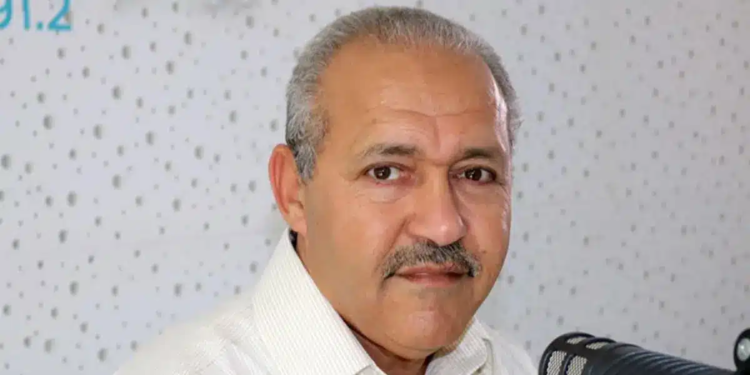In a long post published on Facebook, economist Ridha Chkandali, professor emeritus and recognized figure in the budgetary debate in Tunisia, attacks two symbols of the 2026 finance bill: the privileged pensions of political leaders and the wealth tax.
Two measures that he considers, in his words, “unfair and economically perilous”, revealing a budgetary policy “disconnected from social realities”.
Then taken up by La Presse de Tunisie, his text sheds light on the same idea: economic justice requires the moralization of power and not through fiscal punishment.
“Economic justice does not consist of punishing wealth, but of moralizing power,” he writes in the opening.
For the economist, Tunisia suffers less from a lack of resources than from an imbalance in the distribution of efforts: sacrifices, he says, are often demanded “from the same social strata”, while “political privileges persist”.
Political pensions, symbol of a misguided social state
Ridha Chkandali devotes a large part of her note to the question of privileged pensions granted to ministers, secretaries of state, deputies and senior officials.
“The ministers will not starve!” » he says. “They must receive their pension according to their original profession, like any Tunisian citizen who has served thirty-five years. »
He believes that these advantages, sometimes granted after a few years in office, contradict the very notion of a social state.
“The role of the social state is not to increase salaries, but to improve the quality of services,” he adds, calling for resources to be redirected towards health, education and social funds.
This removal, he argues, would have a symbolic and ethical significance, restoring trust between citizens and institutions.
The wealth tax, a false tax justice
Another target of the professor: the wealth tax provided for in the draft budget.
Chkandali considers it “dangerous”, recalling that several countries abandoned it after experimenting with it.
“Such a tax risks leading to capital flight, encouraging the parallel economy and worsening the liquidity crisis,” he warns.
Instead, it proposes an incentive and degressive tax system:
“When a company’s profit increases, the performance rate must decrease. This logic pushes institutions to declare their profits and reduces tax evasion. »
The objective, according to him, is not to tax more, but to make growth productive and transparent.
For an ethical overhaul of budgetary policy
Beyond these two emblematic measures, Ridha Chkandali puts forward several structural avenues:
- reserve direct borrowing from the Central Bank for productive investments;
- finance the acquisition of photovoltaic panels via STEG to reduce the energy deficit;
- support livestock farming to lower meat and egg prices;
- reduce illegal bank charges and review drug prices.
All these recommendations follow the same logic: restoring coherence between social justice and economic productivity.
“The social State must first of all be a just State,” he concludes. “As long as the sacrifices are borne by the same people, no reform will be credible. »
Read also:
Tunisia – PLF 2026: A wealth tax for significant assets
Budget 2026: 52.5 billion dinars in revenue and 63.57 billion in expenditure
Tunisia – PLF 2026: New taxes to strengthen social funds








